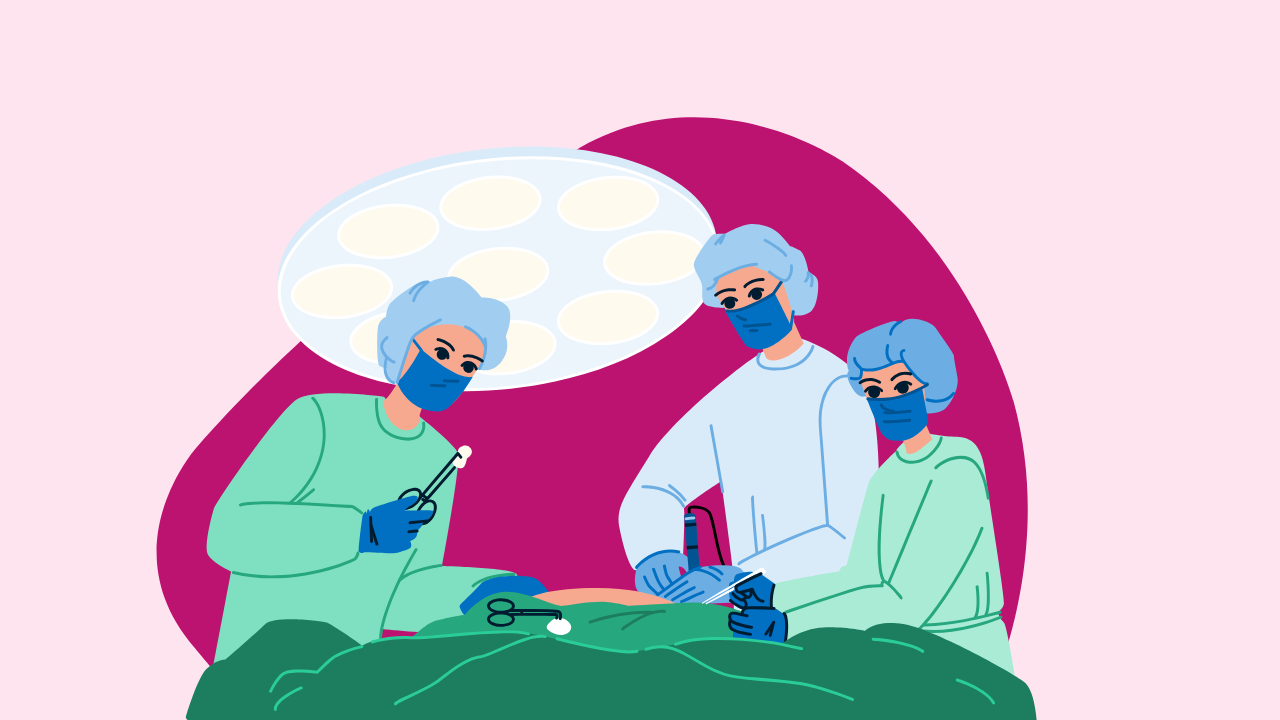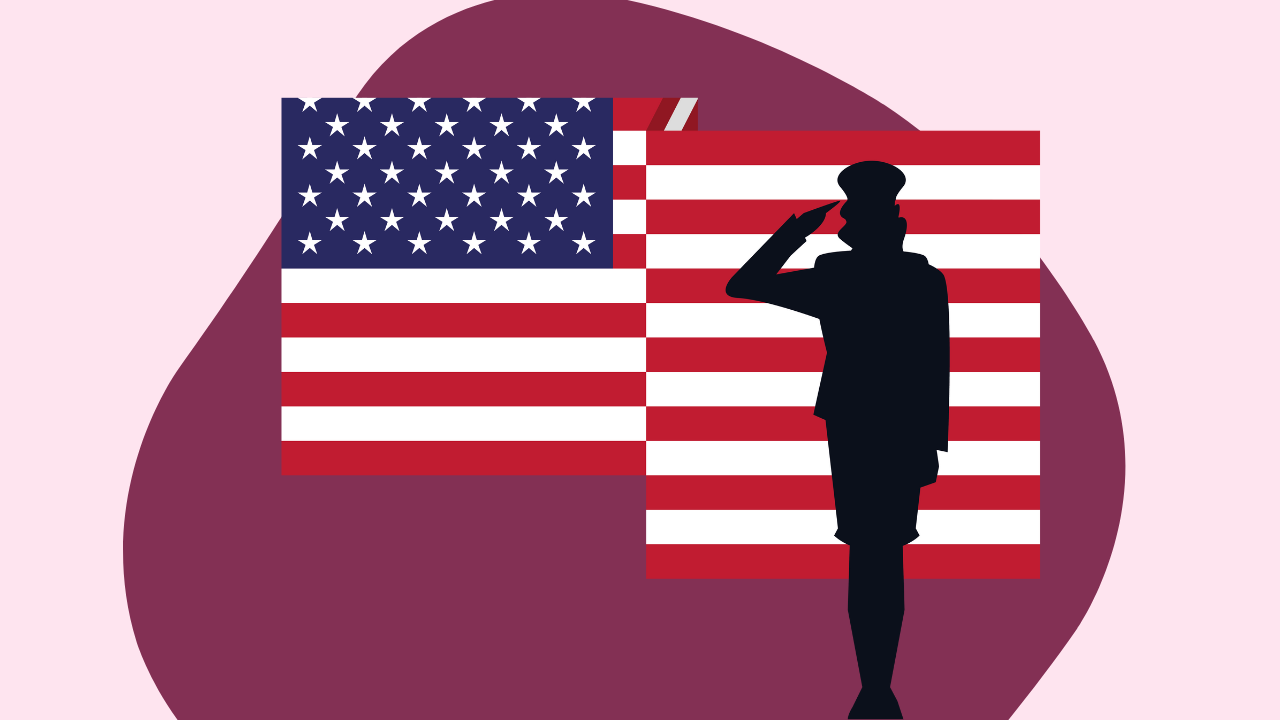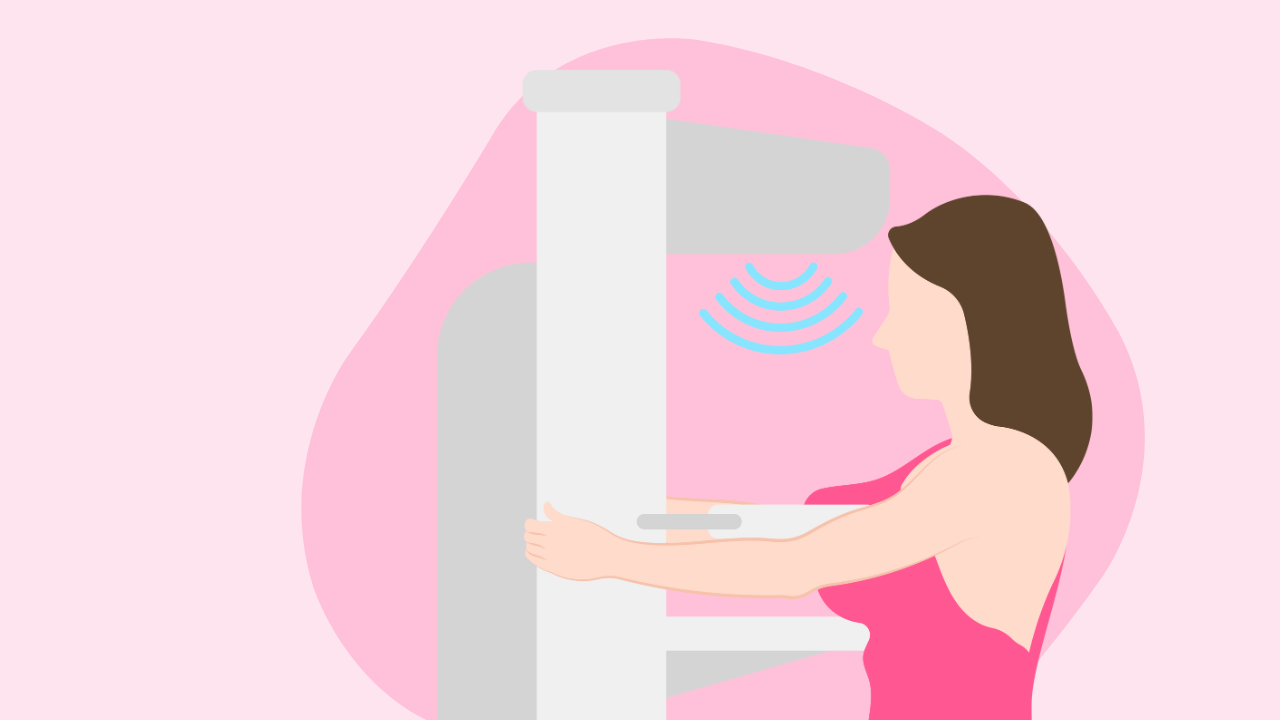AI Finds Cancer Missed by Mammogram

When Sheila Tooth, a 68-year-old retired nurse, went for her regular mammogram, she expected the usual “all clear.”
Her scan, reviewed by two experienced radiologists, had indeed come back normal. But shortly after, she received a letter saying otherwise. Unbeknownst to her, University Hospitals Sussex had adopted an artificial intelligence (AI) tool to enhance traditional mammogram readings. This AI system had detected cancerous cells so subtle they were missed by the human eye, marking the beginning of a new chapter in her health journey.
AI technology’s introduction into breast cancer screening has shown remarkable promise. While Sheila’s case took place in the UK, where pioneering programs like the one at University Hospitals Sussex are underway, the impact of AI is already evident in the U.S. as well. Research in the Journal of the American Medical Association (JAMA) confirms that AI-assisted mammography in U.S. trials detected breast cancers with up to a 20% improvement in accuracy over radiologist-only screenings. This increase is not just a statistic—it represents lives saved through earlier detection.
Statistics from the National Breast Cancer Foundation highlight the urgency of improving early detection. In the U.S., approximately 297,000 women will be diagnosed with invasive breast cancer this year. Yet, up to 20% of breast cancers are missed in initial mammograms, particularly in cases where dense breast tissue makes abnormalities harder to detect. By reducing missed cases, AI could help mitigate the need for more aggressive treatments, ultimately improving patient outcomes.
The potential to reduce false positives is another significant advantage of AI-enhanced screenings. Studies published in Nature have shown that AI can reduce false-positive results by 5.7% in the U.S. and 1.2% in the UK, minimizing the psychological toll and financial burden of unnecessary follow-ups. Sheila’s experience underscores this benefit: rather than the emotional rollercoaster of a false alarm, she received timely and accurate guidance for a genuine concern.
Furthermore, studies in Radiology reveal that AI models may surpass current risk assessment tools, like the Breast Cancer Surveillance Consortium (BCSC) risk model, in predicting which patients are most likely to develop breast cancer. By identifying high-risk individuals earlier, AI enables a more proactive approach to monitoring, which could prevent the disease from advancing to a more severe stage.
As healthcare providers across the U.S. and UK continue to integrate AI into breast cancer screening, the future of early detection looks increasingly hopeful.





